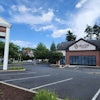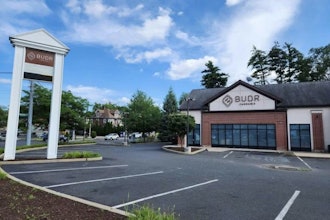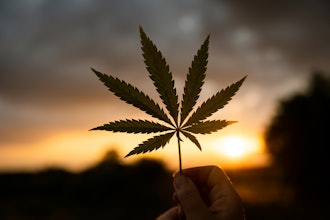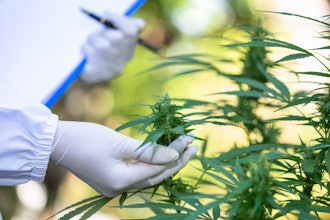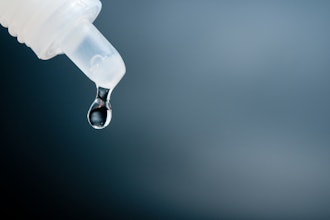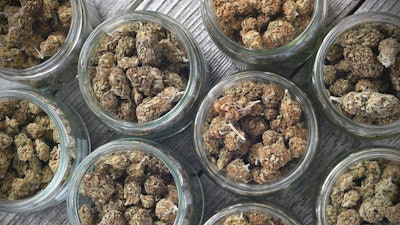
TRENTON, N.J. (AP) — New Jersey regulators gave a green light Monday to seven facilities that already sell medical marijuana to also sell recreational cannabis, although it's not clear exactly when sales would begin.
Sales could start in a matter of weeks or longer, but a specific date wasn't set at the New Jersey Cannabis Regulatory Commission’s vote during a remotely held meeting. Three of the facilities, known as alternative treatment centers, are in the northern part of the state. Three are in the south, and one is in central New Jersey.
The timing of the start of sales is unclear in part because the facilities must still pass a regulatory inspection of their operations and be issued new licenses.
The New Jersey Cannabis Trade Association, a trade group that advocates for the alternative treatment centers, estimated that recreational retail sales could start as the soon as the end of April, according to spokesperson Pamela Dollak. But it could vary by location, as each center faces compliance and other considerations.
Retail sales for the general public would start in 13 dispensaries operated by the seven treatment centers across the state.
To get approval, the facilities have agreed that the coming influx of recreational buyers won't interrupt access for patients who are currently using medical marijuana. The facilities said they would reserve parking spaces for patients as well as keep hours specifically for patients only.
There are about 130,000 medical marijuana patients in the state, with an estimated roughly 800,000 potential recreational consumers, and fewer than 800,000 estimated “tourism” consumers, according to the commission.
How much money the state will get in tax revenues from recreational marijuana isn't clear. Murphy's fiscal year 2023 budget, which is pending before the Democrat-led Legislature, estimates revenues of just $19 million in a nearly $49 billion budget. In 2019, as legalization of recreational marijuana was still just pending before voters, he had estimated about $60 million in revenue.
Legislation governing the recreational market calls for the 6.625% sales tax to apply, with 70% of the proceeds going to areas disproportionately affected by marijuana-related arrests. Black residents were likelier — up to three times as much — to face marijuana charges than white residents. Towns can also levy a tax of up to 2%.
“These approvals were given based on commitments from the ATCs that we would not see adverse effects with expansion,” commission chairperson Dianna Houenou said. “Expansion into the adult-use market — with a substantial advantageous start ahead of new applicants — is a privilege that must not be taken lightly."
The vote comes about a year after the commission started operating, and a year and a half after voters overwhelmingly approved a ballot question to permit recreational marijuana for people 21 and older.
New Jersey's Senate President Nicholas Scutari praised the development in a statement Monday, but said the state needs to “do better and in a timely way.”
He added that he plans to hold oversight hearings to get an understanding of the “delays, the uncertainties and any obstacles that hinder the full implementation of the cannabis law.”
New Jersey is one of 18 states, along with the District of Columbia, that legalized recreational marijuana. There also are 37 states, including New Jersey, that have legalized medical marijuana.

